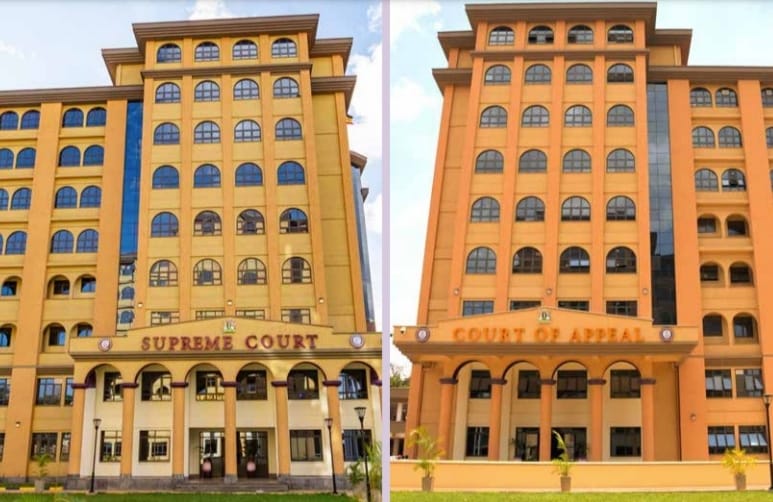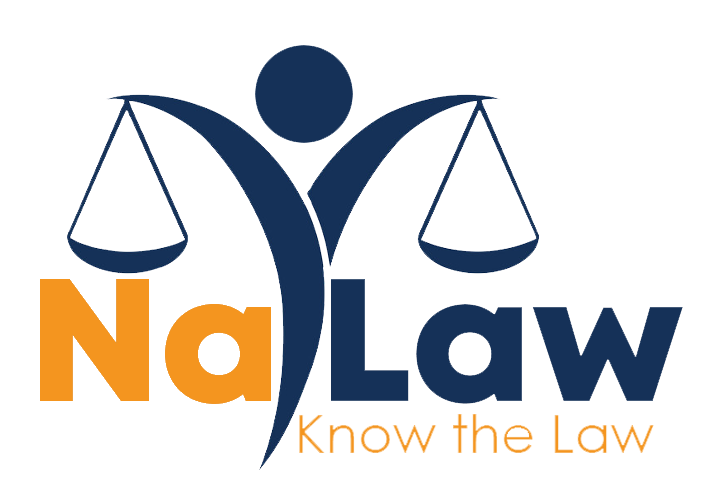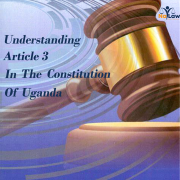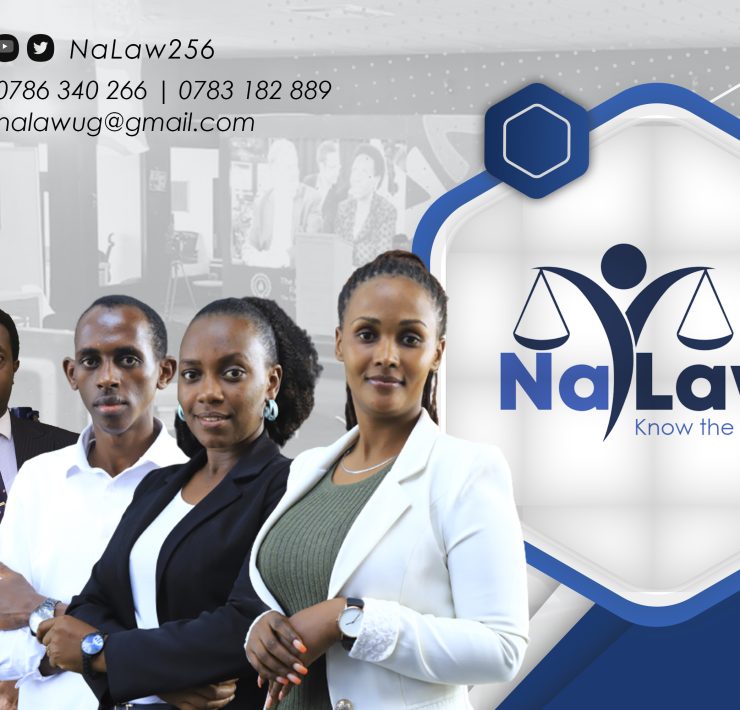UNDERSTANDING THE COURT SYSTEM IN UGANDA

By : Kekimuri Sarah.
The judiciary in Uganda plays a vital role in maintaining the rule of law and ensuring justice is served. The court system is structured hierarchically, with various levels that handle different types of cases, from minor disputes to complex legal matters.
Article 129 of the Ugandan constitution specifies that the judicial powers of Uganda is exercised by the courts of judicature below;
The Supreme Court
At the apex of Uganda’s judiciary is the Supreme Court, the highest court in the land. It primarily serves as an appellate court, hearing cases from the Court of Appeal. It has the final say on all legal matters, and its decisions are binding on all other courts. The Supreme Court also has original jurisdiction in presidential election petitions, making it crucial in upholding the democratic process.
The Court of Appeal
Directly below the Supreme Court is the Court of Appeal, which also functions as the Constitutional Court when dealing with matters relating to the interpretation of the Constitution. The Court of Appeal hears appeals from the High Court and has the power to review and overturn decisions. As the Constitutional Court, it plays a significant role in protecting citizens’ constitutional rights and resolving disputes concerning the interpretation of the Constitution.
The High Court
The High Court is a key component of Uganda’s judiciary, with broad jurisdiction over both civil and criminal matters. It has original jurisdiction in all matters and can hear any case, regardless of its nature. The High Court also has appellate jurisdiction over cases from the Magistrates’ Courts. It is divided into various divisions, including the Civil Division, Criminal Division, Family Division, Commercial Division, and the International Crimes Division, each specialising in different cases.
Magistrates’ Courts
Magistrates’ Courts are the primary courts of first instance for most legal matters in Uganda. They are categorised into different grades based on the monetary value of the cases they handle and the severity of criminal cases. The four levels of Magistrates’ Courts include:
Chief Magistrates’ Courts: These courts have jurisdiction over civil cases involving amounts up to UGX 50 million and criminal cases involving offences punishable by up to seven years of imprisonment. They also handle appeals from Grade I Magistrates’ Courts.
Grade I Magistrates’ Courts: These handle civil cases with claims up to UGX 20 million and criminal cases with sentences of up to five years. They have jurisdiction over a wide range of minor offences.
Grade II Magistrates’ Courts: These courts handle civil cases involving amounts up to UGX 2 million and minor criminal cases, often serving rural areas. However, their jurisdiction has been limited over time.
Specialised Courts
In addition to the general courts, Uganda has several specialised courts that focus on specific areas of law:
The Industrial Court: This court hears labor disputes between employers and employees and ensures fair treatment in employment matters.
The Family and Children Court: As the name suggests, this court handles family-related cases, such as divorce, custody, and adoption, as well as cases involving juveniles.
The Land Tribunal: This tribunal deals with disputes over land ownership and use, a significant issue in Uganda because land is a primary source of livelihood for many citizens.
The Military Court Martial: This court handles cases involving military personnel, including those accused of serious crimes such as treason or mutiny.
Local Council Courts
At the grassroots level, Local Council Courts (LC Courts) operate to resolve minor disputes within communities. These courts handle cases related to land disputes, domestic issues, and other minor civil matters. They are informal and aim to provide accessible justice to the local population, particularly in rural areas.
The Judicial Service Commission
An essential part of the judiciary, the Judicial Service Commission is responsible for appointing judges and other judicial officers, ensuring that the judiciary remains independent, competent, and ethical. It also handles complaints against judicial officers and promotes accountability within the judiciary.
How many judges make up the bench in each court?
The Supreme Court is headed by the Chief Justice and supported by 10 Justices with the following quorum:
Constitutional Appeal cases consist of 7 Judges
Criminal Appeal Cases have 5 Judges
Civil Appeal cases consist 5 Judges
The Court of Appeal is headed by the Deputy Chief Justice.
When sitting as an appellate court, the required quorum is an odd number of not less than three justices.
When as a constitutional court, the Court of Appeal shall consist of a bench of five members of the court.
The High Court is headed by the principal judge. A case in the High Court is heard by one judge
The court system in Uganda is designed to ensure justice is accessible to all citizens, regardless of their social or economic status. From the Supreme Court to the Local Council Courts, each level plays a critical role in maintaining law and order, protecting rights, and resolving disputes. Understanding this hierarchy and the functions of each court is essential for anyone navigating the legal landscape in Uganda.









